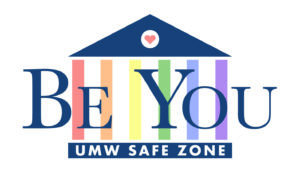 The UMW Safe Zone program offers workshops that are designed to educate members of the University community about lesbian, gay, bisexual, trans, and queer (LGBTQ+) issues to increase the safety and inclusion of all campus citizens. We are excited to announce the following Spring programs:
The UMW Safe Zone program offers workshops that are designed to educate members of the University community about lesbian, gay, bisexual, trans, and queer (LGBTQ+) issues to increase the safety and inclusion of all campus citizens. We are excited to announce the following Spring programs:
- We will be offering a basic training on Tuesday, March 2nd from 2:00-4:30pm (via Zoom). This training focuses on terminology, issues related to privilege, increasing awareness and sensitivity, and how to support the LGBTQ+ population on campus.
- We will be offering an advanced training on Friday, March 5th from 1-3:30pm (via Zoom). The advanced training is for faculty and staff who have already completed the basic training and covers more complex topics, including bystander intervention.
- We are also in the process of planning a book club. This would be a two-part program offered in the late afternoon on Zoom. We would like to judge interest and availability before picking the dates. We will be reading “Redefining Realness: My Path to Womanhood, Identity, Love & So Much More” by Janet Mock. Safe Zone will provide a free copy of the book to the first 14 people who sign up!
- We are also in the process of planning an offering of our Identity and Intersectionality. The training covers privilege, power, oppression, prejudice, diversity, cultural competency, intersectionality, and allyship. Ideally, participants will have attended at least one Safe Zone workshop prior to attending this training, but this is not mandatory. We would like to judge interest and availability before picking dates and times for this workshop.
Registration is required to attend each event, and space is limited. If you are interested in registering for the Basic and/or Advanced training, or would like to express interest in the Book Club and/or Identity and Intersectionality Workshop, then please provide your information at http://umw.qualtrics.com/jfe/form/SV_57QYFoE4BvcEGz4.
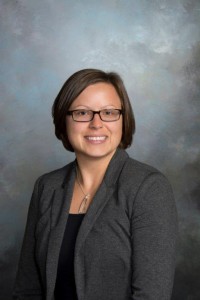
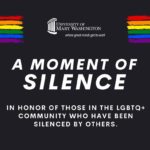
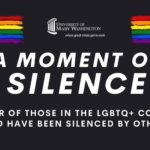
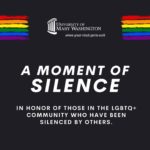
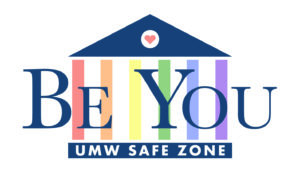 Safe Zone is excited to announce several upcoming programs, including our Spring Book Club. The UMW Safe Zone program offers programs that are designed to educate members of the University community about lesbian, gay, bisexual, trans, and queer (LGBTQ+) issues to increase the safety and inclusion of all campus citizens. All of our programs are free and open to all faculty and staff.
Safe Zone is excited to announce several upcoming programs, including our Spring Book Club. The UMW Safe Zone program offers programs that are designed to educate members of the University community about lesbian, gay, bisexual, trans, and queer (LGBTQ+) issues to increase the safety and inclusion of all campus citizens. All of our programs are free and open to all faculty and staff.